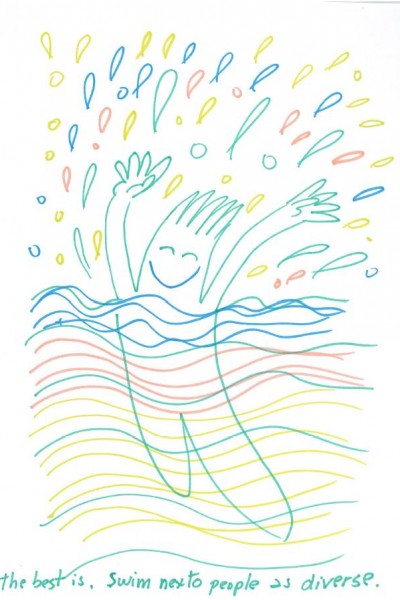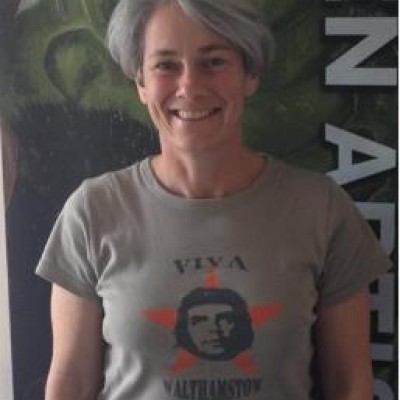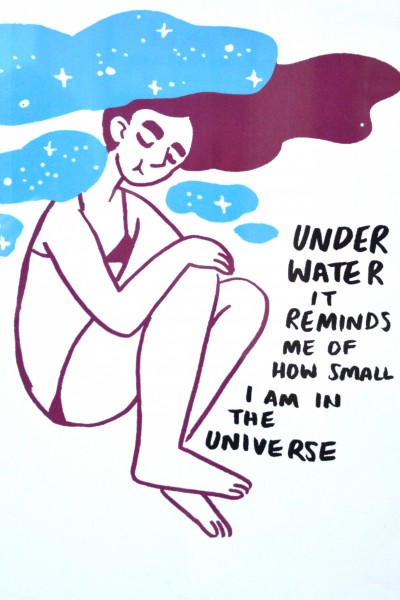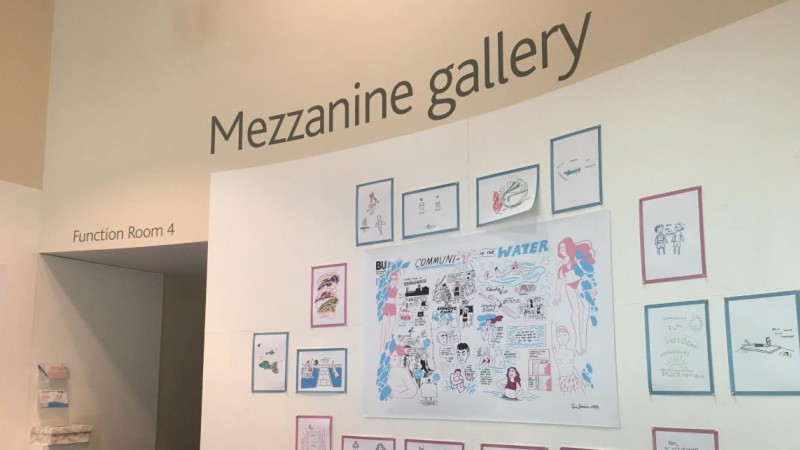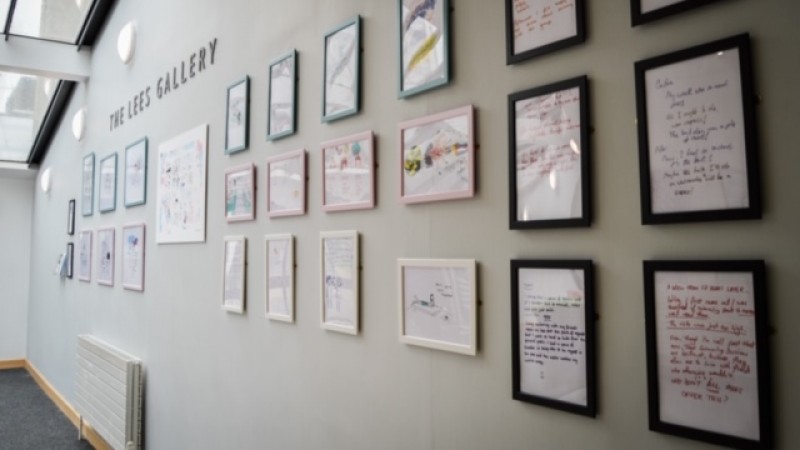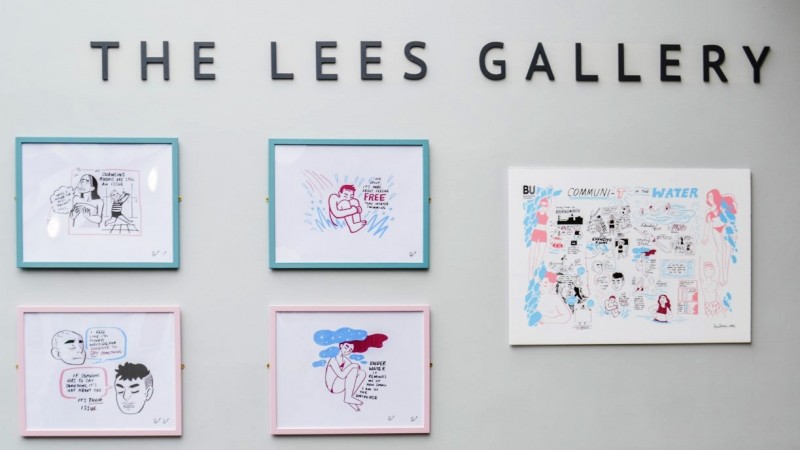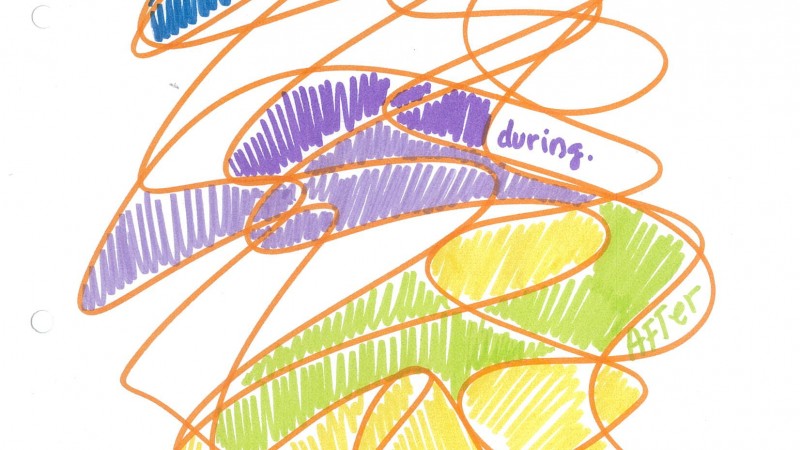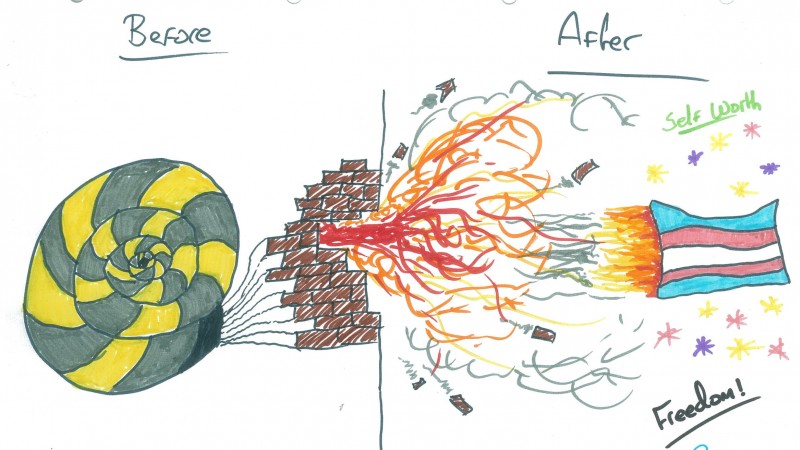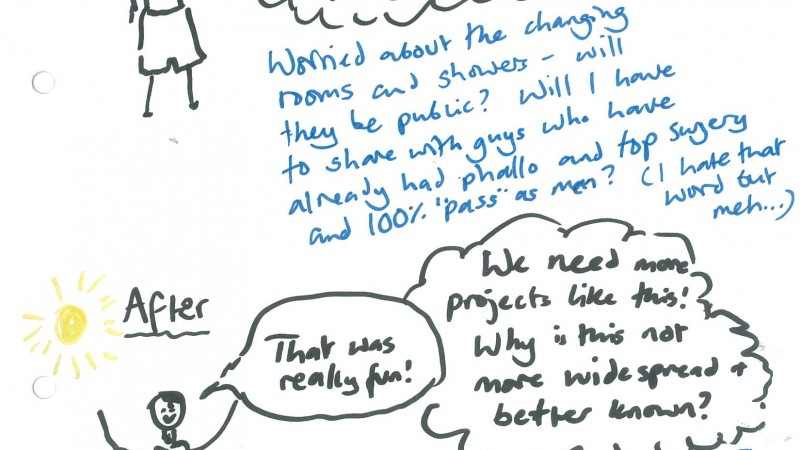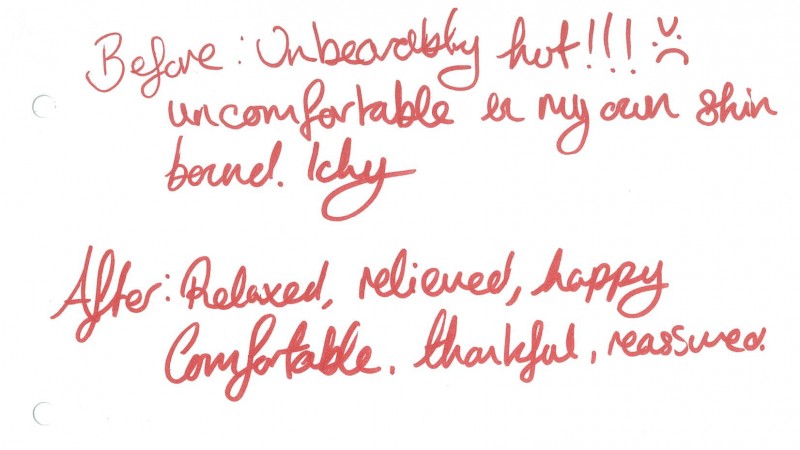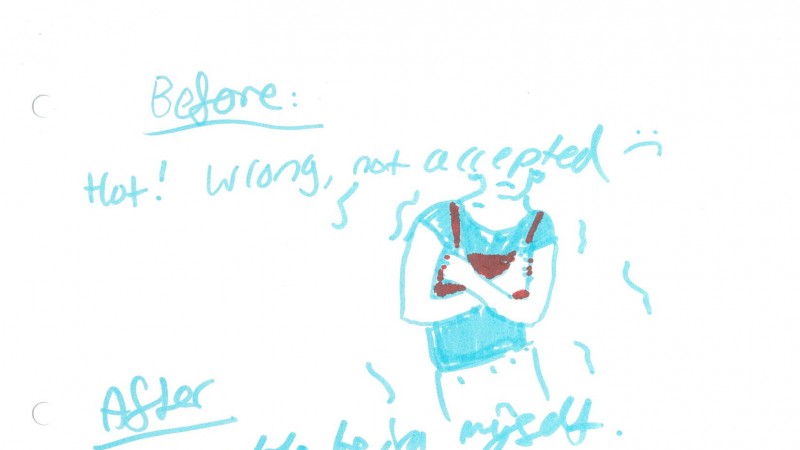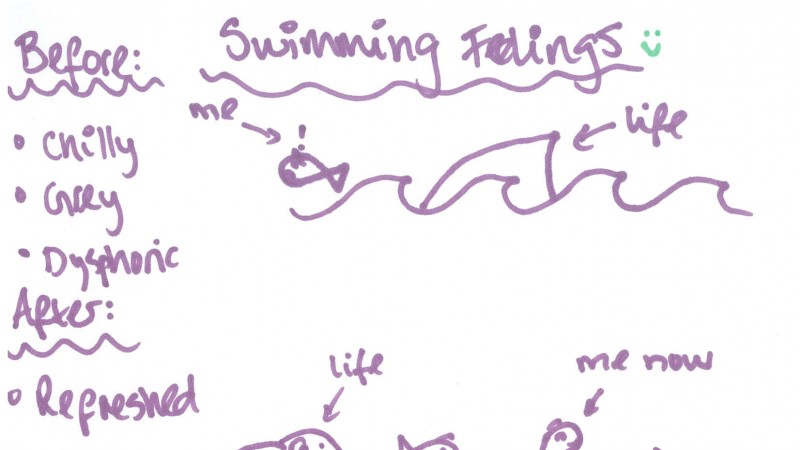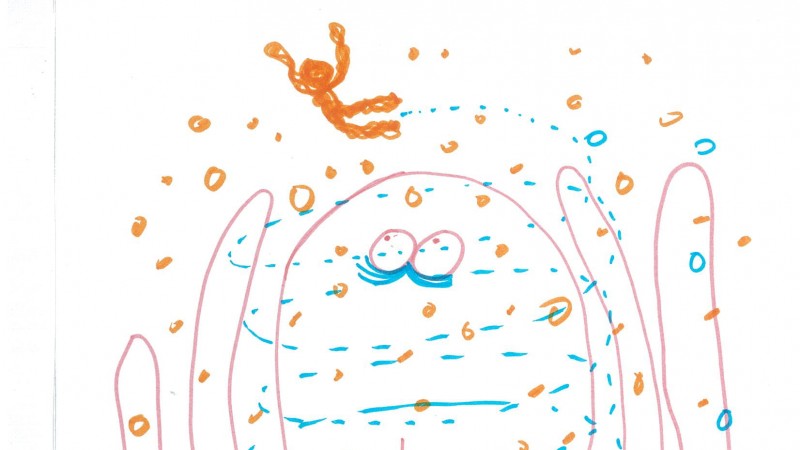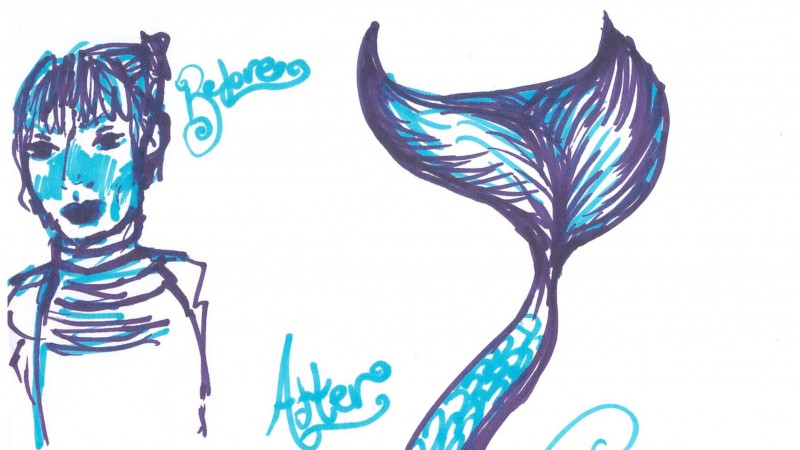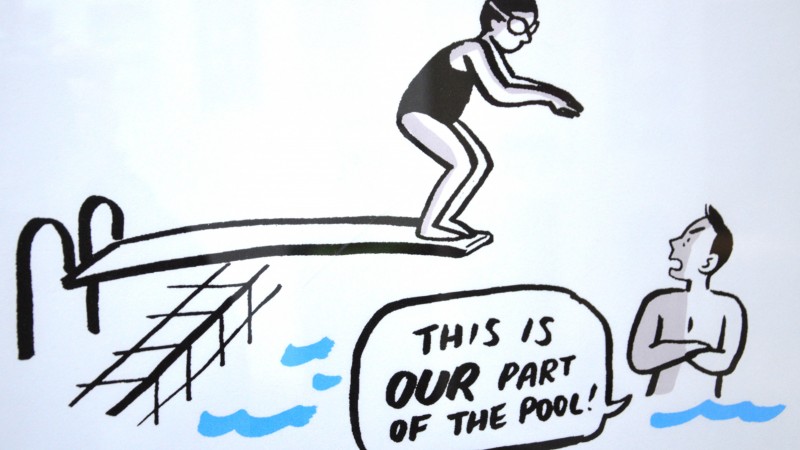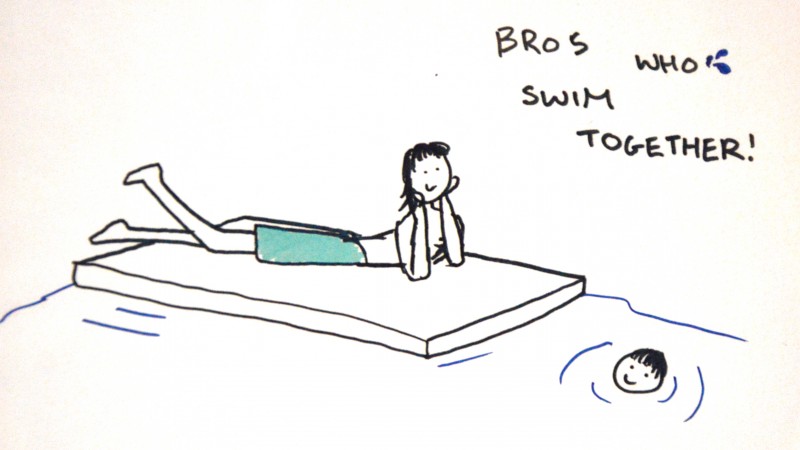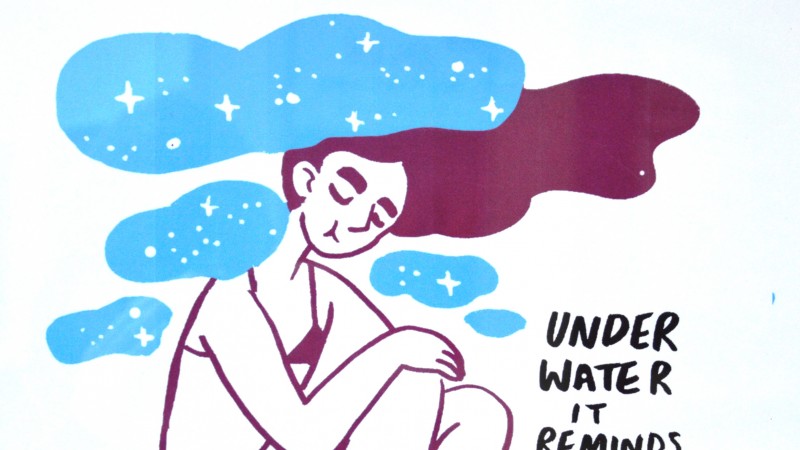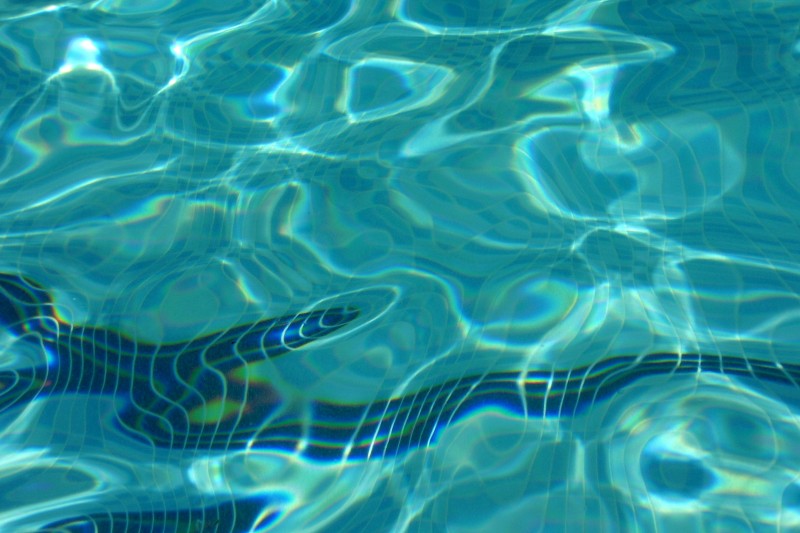Jumping In is a research project led by BU's Dr Jayne Caudwell which aims to examine the benefits of swimming sessions for transgender, non-binary and gender non-conforming participants.
The benefits of physical activities and in particular swimming on both physical and mental health are well documented. However, due to the nature of the facilities at public pools and leisure centres, they can be unwelcoming places for LGBT+ participants. A Pride Sports study in 2016 showed that homophobic and transphobic language, and the acceptance of homophobic and transphobic banter continue to pervade physical activity and sport environments.
In consultation with the local transgender community, LEAP Sport Scotland found that:
The main reasons discussed for a transgender specific swimming initiative were about accessing safe, comfortable and non-judgmental environments.
The Jumping In project has been both externally and internally funded and this has enabled research that seeks to address the difficulties faced by the LGBT+ community and to investigate the benefits of swimming and aquatic activity. One aspect of the project is to capture participants’ self-perceptions before and after the swim sessions, and to visually represent their emotions and feelings through art.
Following on from Dr Caudwell's previous work at the University of Brighton and the student intervention project Football 4 Peace v Homophobia, this project focuses on transgender, non-binary and gender non-conforming access to swimming opportunities at a Bournemouth swimming pool at Pelhams Leisure Centre. The project first started in 2017 when community groups came together for Bournemouth University’s (in partnership with the University of Brighton) Football v Homophobia event and during a BU Gender and Sexualities Workshop hosted by Dr Kip Jones.
Project aims
1. To work with a local transgender group to collect qualitative research findings on how past and present access to swimming facilities impacts individual and group wellbeing.
2. To visually represent the research participants’ past and present experiences of swimming in public art exhibitions.
3. To work with local and national providers to develop opportunities for transgender, non-binary and gender non-conforming swimming participation.
By working with local transgender and non-binary people, this project aims to improve physical activity opportunities that are pleasurable and safe such as swimming.
The research process
Research grants awarded by The British Academy and Leisure Studies Association enabled 11 private-hire sessions of Pelhams Pool in Bournemouth during 2019.
The project has involved a range of qualitative research findings including semi-structured interviews (n = 9), focus groups (n = 3), participants’ drawings (n = 63), researcher observations (n = 14), a professionally drawn illustration as well as informal conversations with national and local stakeholders (n = 8).
Results of the swimming sessions
For members of the group, their previous experiences of visiting a swimming pool caused a number of difficulties, especially the use of changing rooms and what to wear in the water. They often felt intimidated by public pools. Many reported feeling fearful and that they would be excluded simply because they are transgender.
“I remember how terrified I was, how afraid I as of being judged … of anybody discovering that I was pre-op. I understand why any trans person would not want to go near a public pool because everything about it tends to be binary gendered.”
Common feelings before the swim sessions included feeling anxious, nervous, stressed, self-conscious, dysphoria, awkward, worried and excited. Being in the water meant that many of the group felt liberated and afterwards felt: happy, content, relaxed, confident, healthy, body confident, refreshed, peaceful, energised and motivated to do more exercise.
“Having the session gives me confidence and is fun and relaxing and allows me to connect with the water.”
One of the main findings from the project is that the opportunity to have exclusive use of a pool meant that group members felt safe, especially as they transition. For transgender, and non-binary people, this feeling of safety is paramount to physical activity participation.
Exhibitions
The research participants were encouraged to produce artworks to attempt to convey the thoughts, feelings and emotions they experienced around the swimming sessions. These artworks featured in two exhibitions in early 2020.
Firstly, the art was displayed at the Lees Gallery at Bournemouth University until 27 March 2020.
Secondly, part of the grant money from the British Academy contributed to the hire of the Mezzanine Gallery at Poole Lighthouse where a number of the artworks were exhibited from January to March 2020.
